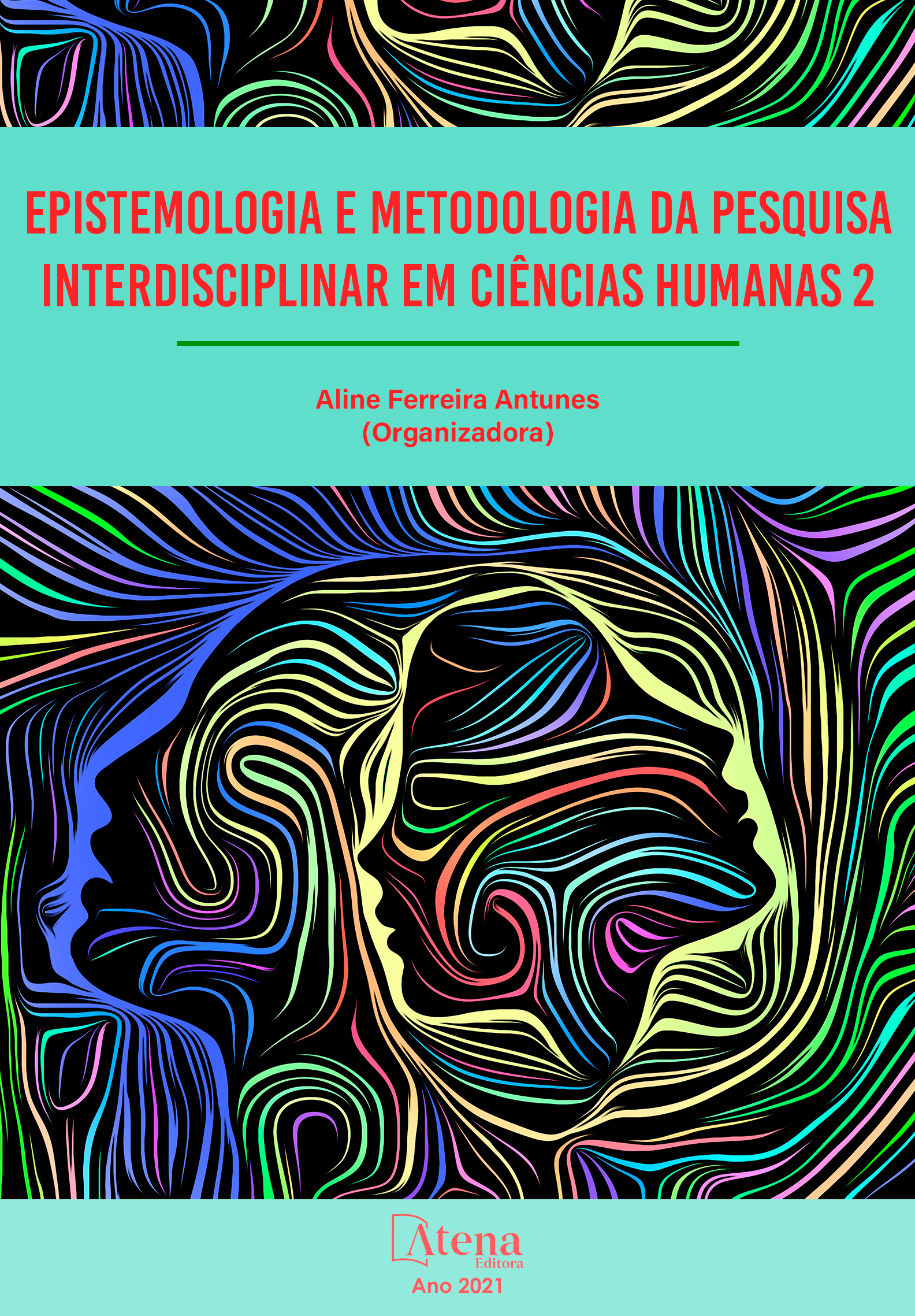
A EDUCAÇÃO CRISTÃ SEGUNDO A ENCÍCLICA DIVINI ILLIUS MAGISTRI
O presente artigo refletirá sobre a encíclica Divini Illius Magistri do Papa Pio XI sobre a educação cristã, como uma resposta diante do contexto de laicização que crescia e, que tirou das mãos da Igreja Católica o domínio da educação. A encíclica era uma tentativa de reconquistar sua primazia na obra educacional, para que assim, seus princípios cristãos se perpetuassem em meio a sociedade que se secularizava cada vez mais. O documento apresenta que na relação entre Igreja, Família e Estado, a Igreja tinha a precedência estando aliada a Família, devendo o Estado apenas colaborar com estas duas, isso porque no contexto da época o Estado laico reivindicava para si o direito da educação. Veremos nessa reflexão quais foram as iniciativas por parte do catolicismo através do documento papal, para conter e combater a educação laica na primeira metade do século XX.
A EDUCAÇÃO CRISTÃ SEGUNDO A ENCÍCLICA DIVINI ILLIUS MAGISTRI
-
DOI: 10.22533/at.ed.52621080316
-
Palavras-chave: Educação, Igreja, Encíclica, Papa Pio XI.
-
Keywords: Education, Church, Encyclical, Pope Pius XI.
-
Abstract:
The present article intends to reflect on the encyclical Divini Illius Magistri of Pope Pius XI on Christian education, as a response to the growing secular context that took the domain of education out of the hands of the Catholic Church. The encyclical was an attempt to regain its primacy in educational work, so that its Christian principles would be perpetuated in the midst of a society that was increasingly secularized. The document shows that in the relationship between Church, Family and State, the Church took precedence in being allied with the Family, and the State should only collaborate with these two, because in the context of the time the secular State claimed for itself the right to education. We will see in this reflection what initiatives were taken by Catholicism through the papal document, to contain and combat secular education in the first half of the 20th century.
-
Número de páginas: 14
- Maximiliano Gonçalves da Costa


